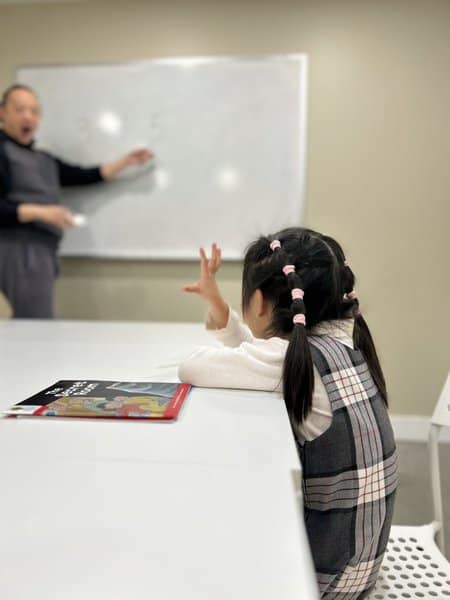AMA Programs
Home  Private School Admission Guidance
Private School Admission Guidance
PRIVATE SCHOOL ADMISSION GUIDANCE

1. Focus on Early Social Skills
- Encourage sharing, taking turns, and cooperative play with peers.
- Teach them to express their feelings and needs respectfully.
- Help them practice following directions from adults in group settings.
2. Foster a Love for Books and Reading
- Read daily with your child to develop their listening and comprehension skills.
- Encourage them to engage with stories by asking questions about characters and events.
- Use picture books to introduce early concepts like letters, numbers, and shapes.
3. Develop Independence
- Teach your child basic self-care skills, such as dressing themselves, washing hands, and managing their belongings.
- Encourage responsibility by giving them small tasks, like tidying up toys or setting the table.
- Practice routines like putting on coats and shoes to help them become more self-sufficient.
4. Encourage Curiosity and Questioning
- Stimulate their natural curiosity by exploring new topics, such as nature, animals, or how things work.
- Use hands-on activities like building blocks, puzzles, and crafts to foster creativity.
- Encourage them to ask questions and explore their environment with curiosity.
5. Introduce Basic Academic Concepts
- Play games that teach colors, shapes, numbers, and the alphabet in a fun way.
- Use everyday activities to count objects, sort items by size or color, or identify letters on signs.
- Incorporate songs and rhymes that reinforce early literacy and math skills.
6. Build Fine Motor Skills
- Engage in activities that strengthen their hands and fingers, like coloring, cutting with safety scissors, and playing with playdough.
- Practice holding a pencil or crayon correctly for writing readiness.
- Use building toys like blocks or Legos to improve hand-eye coordination.
7. Prepare for Group Learning
- Teach your child to sit and listen to stories or group instructions for short periods, gradually increasing their focus time.
- Practice routines they’ll encounter in school, like lining up, following instructions, and participating in circle time.
- Help them understand the concept of “school time” and introduce them to structured activities to simulate a classroom environment.
8. Parents Prepartion
- Uunderstanding of school concept
- How to answer answer school interview questions
- How to improve your “home education system”
- How to better communicate with your child
- How to create, maintain and improve your child’s behavior at home.


